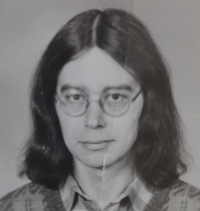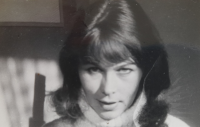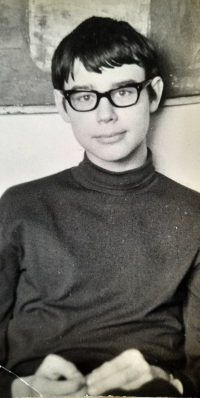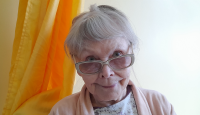I was better off than the members of the secret police that everyone was afraid of
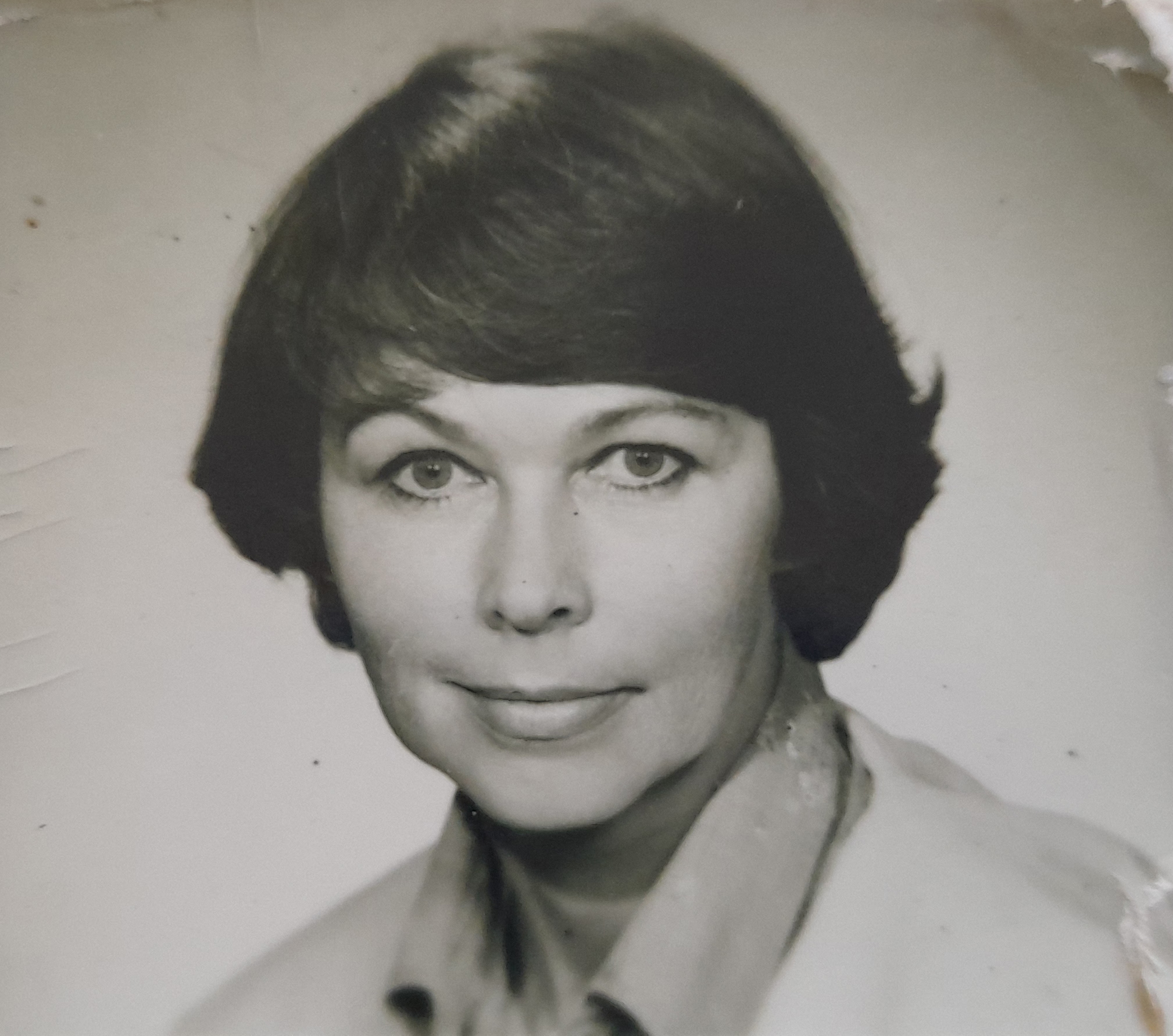
Download image
Růžena Jírová, née Kubašková, was born on September 6, 1933 in Kralupy nad Vltavou. Her father František Kubaška was a font painter and ran a shop, her mother Růžena was a business school graduate and worked as an accountant. Růžena had a brother František who was a year younger. She lived through the war in Kralupy nad Vltavou, in 1945 she survived one of the largest raids in Bohemia in a cellar. After the communist coup in 1948, the communists took away the father’s business, nationalized his business and took away the family’s two-story house. Since then, the Kubaškas faced an unbearable housing crisis. After graduating from the municipal school in 1948, Růžena applied to a high school of graphics in Prague, but was not accepted. She attended courses for workers at a high school of applied arts and in 1951 she started her studies at the the Academy of Applied Arts with prof. J. Novak. However, she had to quit school after three years due to pregnancy. In 1954, her son Ivan was born. The marriage with artist Luďek Maňásk was not a happy one and ended in divorce after three years. In 1963, Růžena moved with her nine-year-old son to Cheb, where there was a better chance of getting a more dignified home. She worked in the cultural center in Cheb as an artist. Because she was deeply religious, she established friendships with people from church circles. In 1977, her son Ivan Maňásek signed Charter 77 and continued to cooperate with dissent, for which he was sentenced to imprisonment. Růžena tried to get the StB to cooperate, which she failed to do. The witness did not even sign the so-called anti-charter, for which premiums were cut from her salary. She considers the ten years of experience as the most beautiful years of her life, when she worked as a volunteer in a hospital for long-term patients already at retirement age. She acted here as spiritual support for the dying. Růžena Jírová was married twice, the second time to producer and founder of film clubs Jan Jíra.


